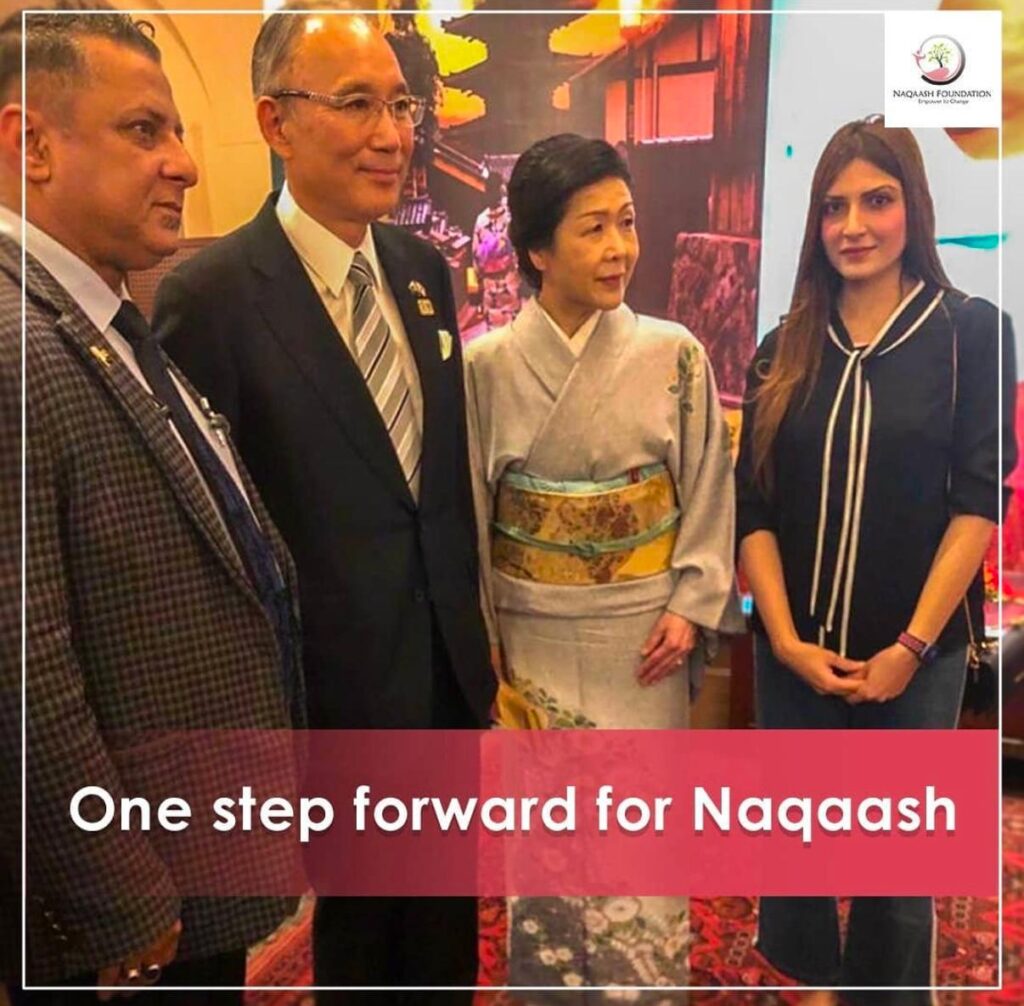
Dummy Project: Community Development for Women’s Empowerment
Project Duration:
February 2025 – November 2025
Support Agency:
Naqaash Foundation in collaboration with community-based organizations and international development partners.
Project Location:
Focused on underserved rural and semi-urban areas in Khyber Pakhtunkhwa and Balochistan provinces.
Objective:
To foster sustainable community development by empowering 500 women through skill-building, leadership training, and economic opportunities, enabling them to actively participate in decision-making and contribute to the socio-economic progress of their communities.
Key Components of the Project:
Capacity Building and Leadership Training:
- Conduct workshops to train women in leadership, decision-making, and conflict resolution.
- Develop women’s groups to promote active participation in community development projects.
Skill Development and Livelihood Programs:
- Offer vocational training in areas such as handicrafts, agriculture, and small-scale enterprise management.
- Provide digital literacy training to enhance women’s access to online business opportunities and resources.
Community Engagement:
- Organize town hall meetings to discuss local issues and encourage collaboration between men and women in solving community problems.
- Promote inclusive participation in community development committees and local governance.
Access to Resources and Opportunities:
- Facilitate micro-grants and microloans to support women-led businesses.
- Connect women with local markets, cooperatives, and online platforms to sell their products.
Awareness Campaigns:
- Raise awareness about the importance of women’s contributions to community development through social media and local events.
- Highlight success stories of empowered women to inspire others.
Expected Outcomes:
Empowered Women:
- 500 women trained in leadership and skills development, enhancing their confidence and capacity to contribute to their communities.
- At least 200 women will start small-scale businesses or secure employment.
Stronger Communities:
- Increased participation of women in local governance and community decision-making.
- Improved collaboration between men and women in addressing community challenges.
Economic Growth:
- Establishment of at least 50 women-led community enterprises.
- Enhanced household incomes through women’s economic contributions.
Cultural Shift:
- Greater recognition of women’s roles in community and economic development.
- Reduced gender biases and stereotypes within target communities.
Implementation Plan:
Phase 1: Community Mobilization (Month 1)
- Conduct initial surveys to identify target groups and community needs.
- Engage local leaders and stakeholders to build support for the project.
Phase 2: Training and Capacity Building (Months 2-6)
- Provide training sessions on leadership, skills, and entrepreneurship.
- Establish community groups for women to collaborate and share knowledge.
Phase 3: Resource Allocation and Market Integration (Months 7-9)
- Distribute micro-grants and provide market linkage support for women-led initiatives.
- Organize local exhibitions to showcase women’s products and services.
Phase 4: Monitoring and Evaluation (Months 10-11)
- Collect data to assess the project’s impact on participants and communities.
- Document success stories and lessons learned to inform future projects.
Budget Estimate:
- Training and workshops: $25,000
- Micro-grants and resource support: $20,000
- Market integration and promotional events: $10,000
- Awareness campaigns and community meetings: $8,000
- Administrative costs: $7,000
Total Estimated Budget: $70,000
Long-Term Vision:
The Community Development for Women’s Empowerment project envisions a future where women are not just beneficiaries but active contributors to their communities. By equipping women with skills, resources, and opportunities, the Naqaash Foundation aims to create self-sufficient communities where women’s potential drives progress and prosperity.
This initiative aligns with the Foundation’s commitment to sustainable development, recognizing that empowered women build stronger, more resilient societies.
